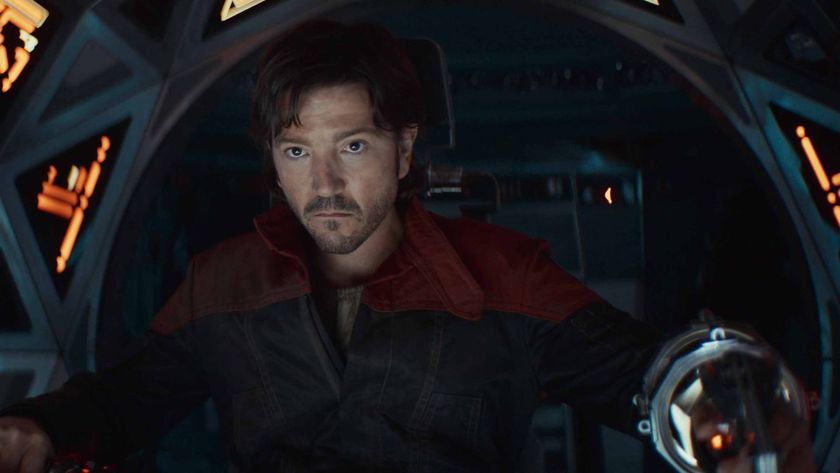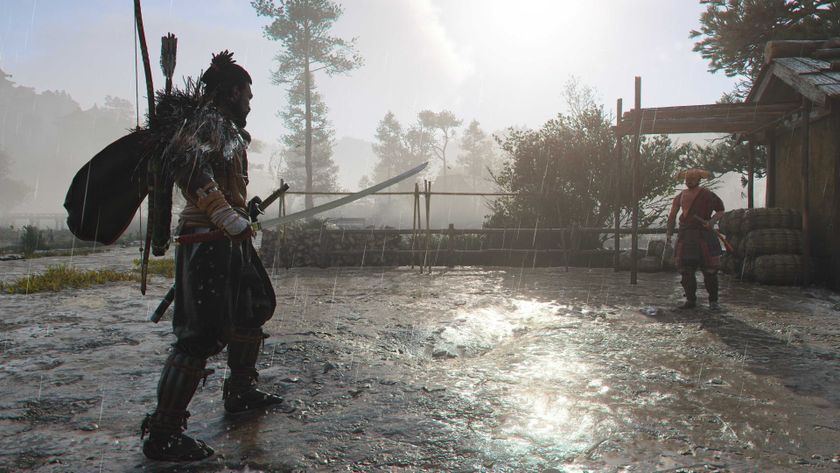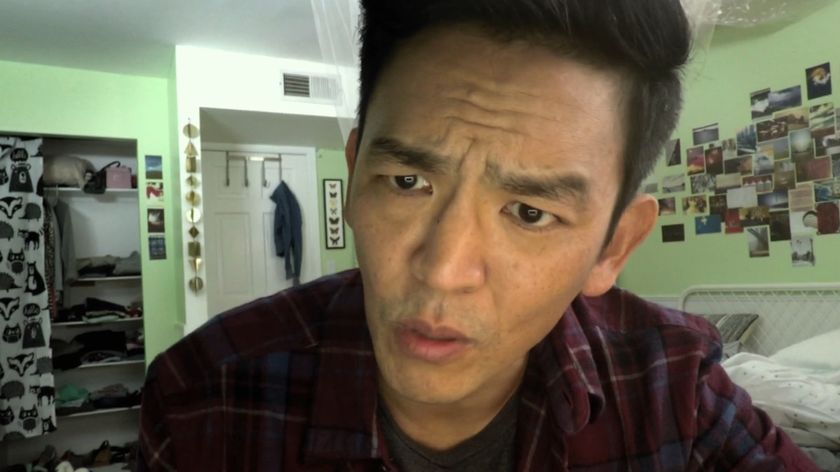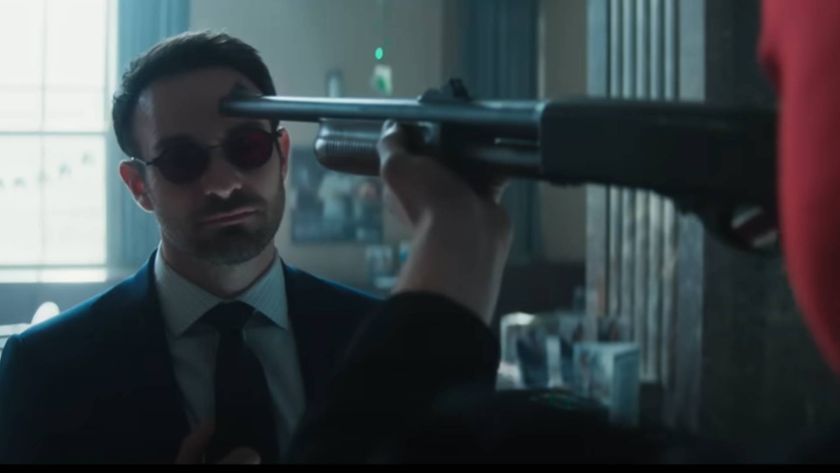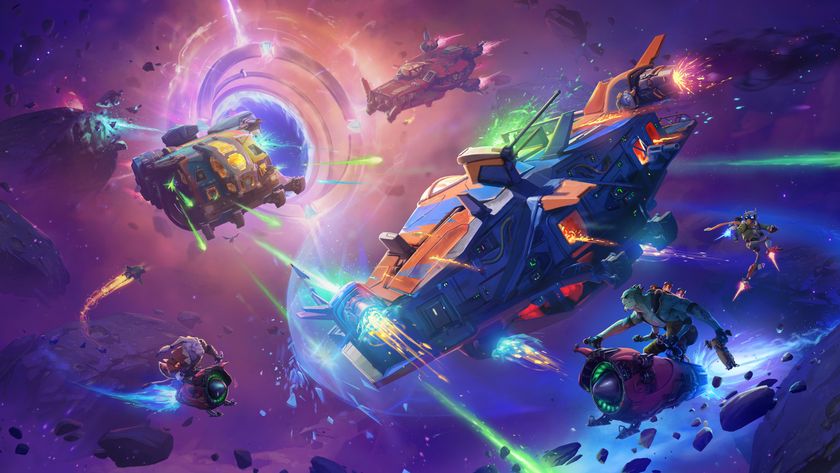Why a Pokemon Legends Arceus sequel would absolutely need to focus on Johto
Opinion | Here's everything I'd love to see from an ancient region in a second Pokemon Legends game
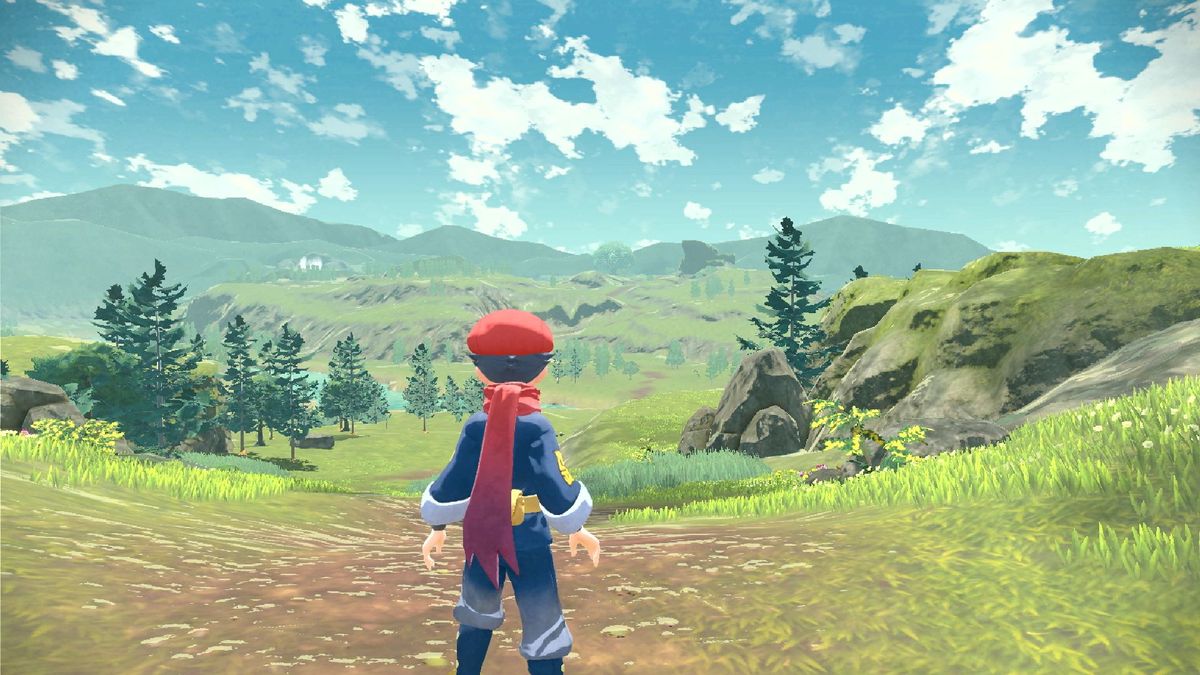
Pokemon Legends: Arceus demonstrated how exploring the history of an already established region benefits fans, new and old. Unlike Pokemon Scarlet and Violet, the stylized design of Legends: Arceus acted as a much-needed overhaul of the franchise – one that will hopefully continue into a separate franchise running concurrently with the mainline series.
And it's not like there aren't enough regions to explore. The Pokemon world currently consists of nine regions alongside various subregions, the latest being Kitakami in The Hidden Treasure of Area Zero. And while Game Freak has yet to say yes or no regarding a second Legends game, it's hard not to believe they've got more historical tales within these regions to tell.
Of all the regions for the next Legends game to take place in, Johto would be the most logical decision. Johto has solid links with Sinnoh through the Sinjoh Ruins, the remains of a temple built by people from both regions. The event-only location is accessed by bringing Arceus to the Ruins of Alph in HeartGold and SoulSilver, and is later referenced in Old Verse 12 in Legends: Arceus.
But what could a Legends game based on Johto actually look like? Here, our Pokemon Legends sequel wishlist looks at 10 things we'd like to see in an ancient Johto.
Pokemon Legends: Celebi
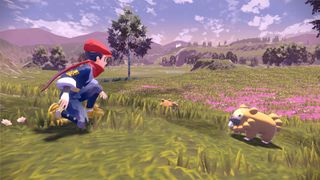
Johto is inhabited by various legendary Pokemon, with the duo of Lugia and Ho-Oh being the region's mascots. They're joined by the Legendary Trio, composed of Raikou, Entei, and Suicune, in addition to the guardian of Ilex Forest, Celebi.
Each of Johto's legendary Pokemon could lead the core narrative in their own right. But Celebi would make the most sense as the focal point of a Legends game based on Johto, as it would explain how the player character can be transported back in time if it follows the same formula as Pokemon Legends: Arceus.
Obviously, there needs to be a reason why the player character is sent back in time. It just so happens that 150 years before the Johto games, the Brass Tower was struck by lightning and burned to the ground. It's believed that three unknown Pokemon died in the blaze but were subsequently revived by Ho-Oh. These Pokemon became the Legendary Trio of Raikou, Entei, and Suicune, embodying the lightning, fire, and rain that transformed the Brass Tower into the Burned Tower.
Sign up to the 12DOVE Newsletter
Weekly digests, tales from the communities you love, and more
In Pokemon Scarlet and Violet, however, Paradox forms of Suicune and Raikou have been introduced, messing up that original timeline. Whether it's down to the mysteries of Area Zero or something happening to space-time as a result of Legends: Arceus, this could result in the Paradox forms being resurrected rather than the original trio – something that the player character would be sent back in time to correct.
The Sinjoh Region
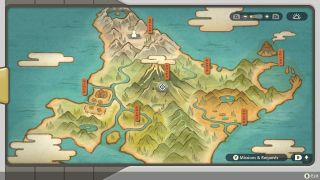
In Pokemon Legends: Arceus, the historical land of Sinnoh is known as Hisui, while the Diamond and Pearl clans refer to their deities (Dialga and Palkia) as "Almighty Sinnoh". It's difficult to know what a historical Johto would be called, but there is a connection between the two regions through the Sinjoh Ruins.
Pokemon Legends: Celebi, if it were called that, would occur during the Early Meiji period in 1849, nearly two decades before the events of Legends: Arceus. This could set up what causes the events of Pokemon Legends: Arceus to take place, exploring the deity's influence on a historical Johto through Celebi and the region's mythical Pokemon.
The Kanto Connection
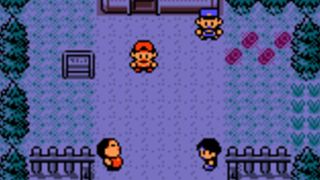
At the end of Pokemon Gold and Silver, players were given the opportunity to explore Kanto once again. This tradition could follow in the Pokemon Legends sequel, providing a link for Lugia's backstory as the mythical Pokemon is the trio master of Kanto's Legendary Birds (Articuno, Zapdos, and Moltres).
But as Pokemon Legends: Arceus is quite a contained game, Kanto would likely be the focus of a future game if the series continues. If it were to appear in the next Pokemon Legends game, Mt. Silver could act as a gateway, with one side being Johto and the other providing a taste for Kanto, which would be explored further in a separate game or even DLC.
Potential Starters
Instead of introducing a new set of starters in Pokemon Legends: Arceus, a trio of beloved Pokemon from regions outside ancient Sinnoh is available instead. The only difference is that the final evolutions of Cyndaquil, Oshawott, and Rowlet are influenced by the mystical energy from Mount Coronet.
To set Legends: Celebi apart from its predecessor, a familiar set of starters could be used again. However, their entire evolutionary line would be influenced by the ancient Johto environment – whether through breeding or other means. This would result in their typing and appearance changing, adding a brand new experience from the get-go.
As for which starters could be used in Pokemon Legends: Celebi, Chimchar, Treecko, and Froakie are viable options. Chimchar's typing would change to Fire/Dark based on the transformation ability of the Monkey King legend, which the Pokemon's line is based on. Treecko would change to Grass/Dragon like Sceptile's Mega Evolution, while Froakie would transform into Water/Poison to use toxic moves for Ghost of Tsushima-style stealth.
Regional Variants & Extinct Evolutions
Aside from the new final evolution designs of the starters in Legends: Arceus, there were 14 Hisuian variants of classic Pokemon and six natural Pokemon with additional evolutions. While some of these variations are available in Scarlet and Violet, which could be explained by the Paradox phenomenon, most are extinct in the present-day story.
While some players may be tired of regional variants by this point, extinct evolutions breathed even more life into the familiar yet new region of Hisui. These new Pokemon weren't just gimmicks; they provided historical context to the area, which could be revisited in Pokemon Legends: Celebi – especially since strange Paradox forms of Suicune and Raikou are now roaming about in Paldea.
More extinct regional variants would also be an excuse to use the Noble Pokemon again, as that also gives narrative context as to why they are there in these strong, Alpha Pokemon protect given areas in the region.
New Characters
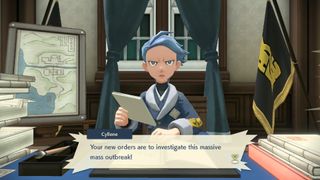
With new Pokemon comes the opportunity for new characters, and there are plenty to choose from in Johto. As was the case in Pokemon Legends: Arceus, the ancestors of the primary player characters – Ethan, Kris, and Lyra – would be the ones exploring an ancient Johto.
Then there's Silver, the main rival in Johto games, followed by the region's gym leaders like Whitney, Morty, Jasmine, and Clair. Their ancestors would make up the core characters that the player interacts with, in addition to people like Adaman and Irida, who lead clans dedicated to the legendary Pokemon – in this case, Ho-Oh and Lugia.
In Legends: Arceus, Adaman and Irida are named after the orbs that summon Dialgia and Palkia. While there aren't specific objects to summon Ho-Oh and Lugia, these characters could be named after the Latin names for gold and silver, being Aurum and Argen (shortened from Argentum).
Agree with our ranking of the best Pokemon games?
Sophie McEvoy is a freelance journalist and writer based in the U.K. With eight years of experience covering entertainment for online outlets, Sophie decided to focus on her first love – video games. Sophie has produced news, features, guides, and deep-dive content for all manner of franchises, with particular expertise in Pokemon. When she's not working, you can find Sophie cheering on Foo Fighters at their latest gig, losing herself in open-world games, or getting stuck into her latest cross-stitching project.
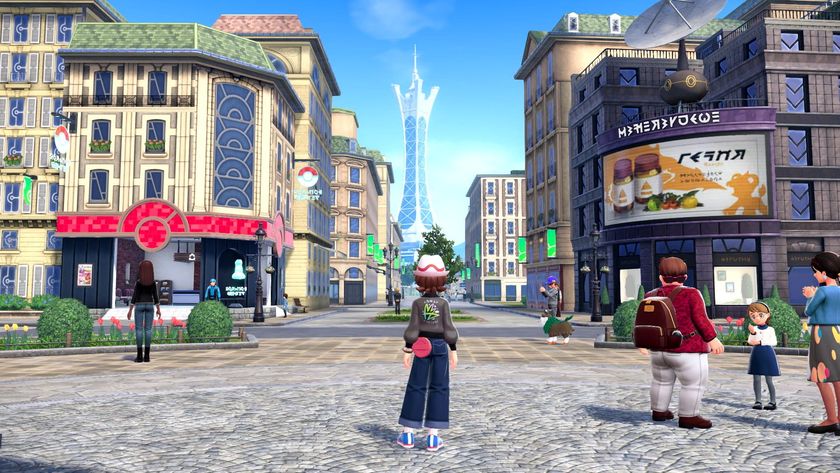
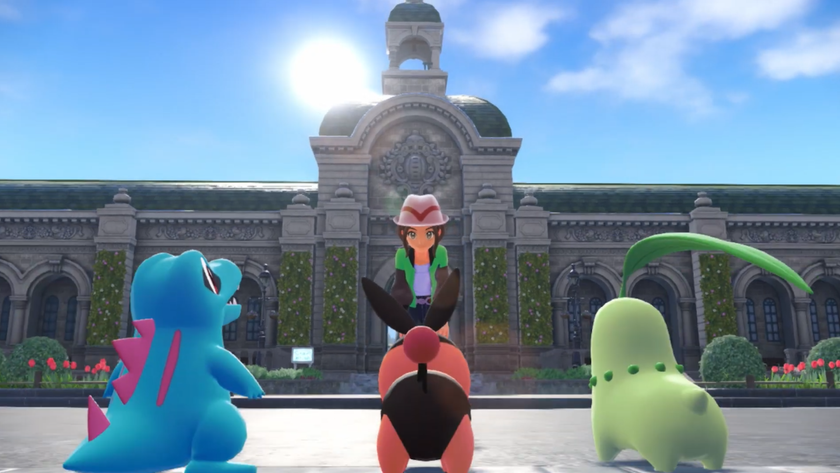
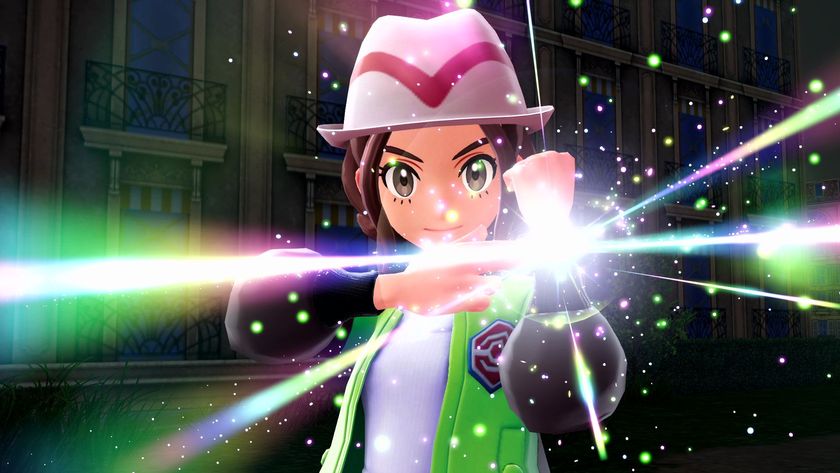
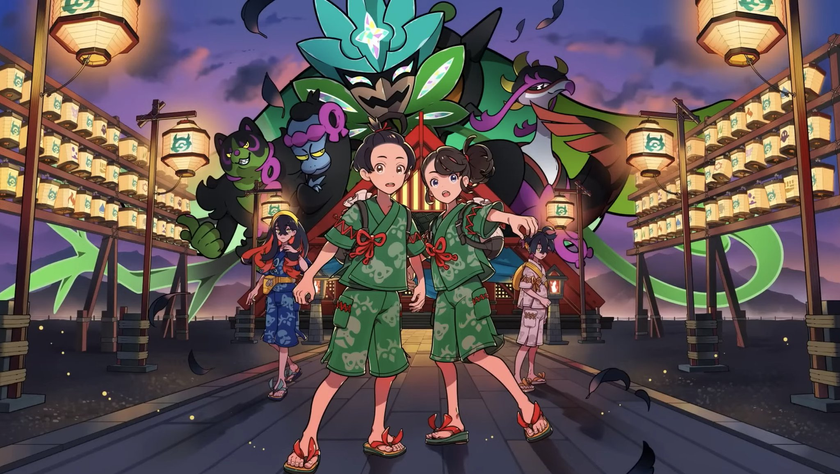
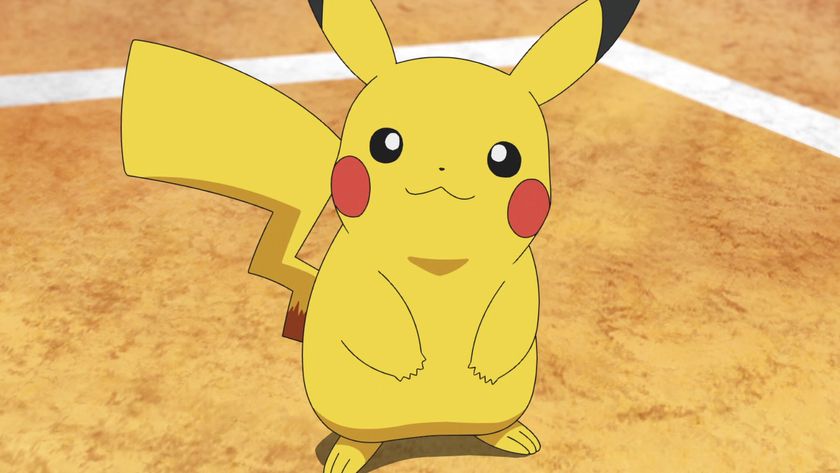
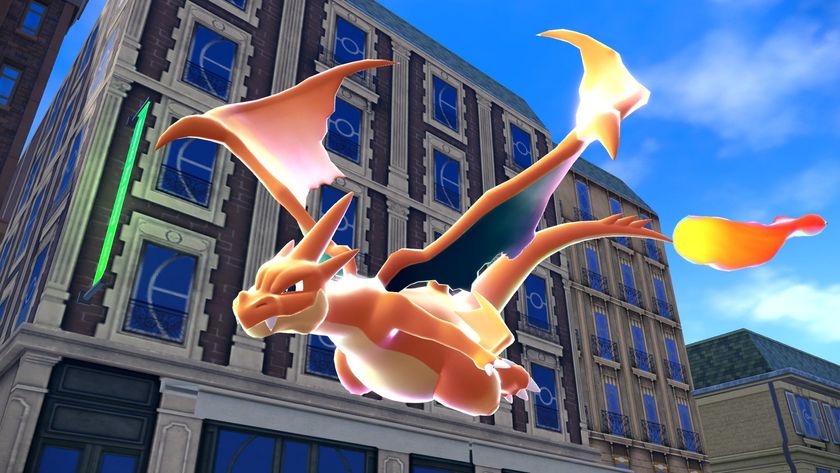
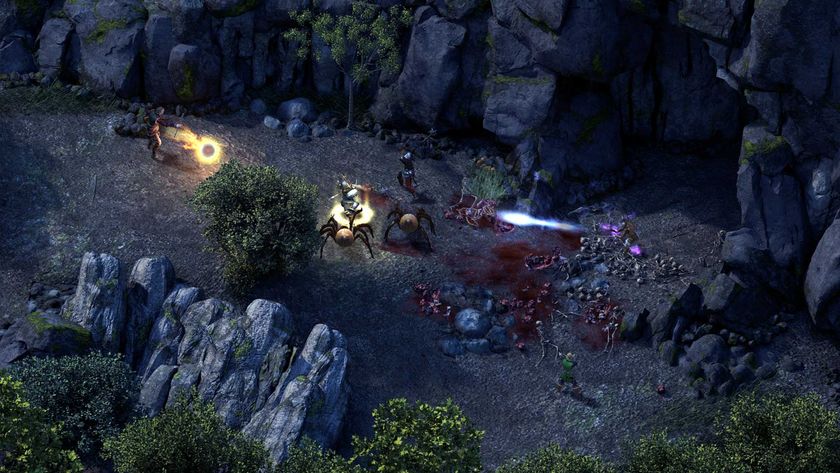
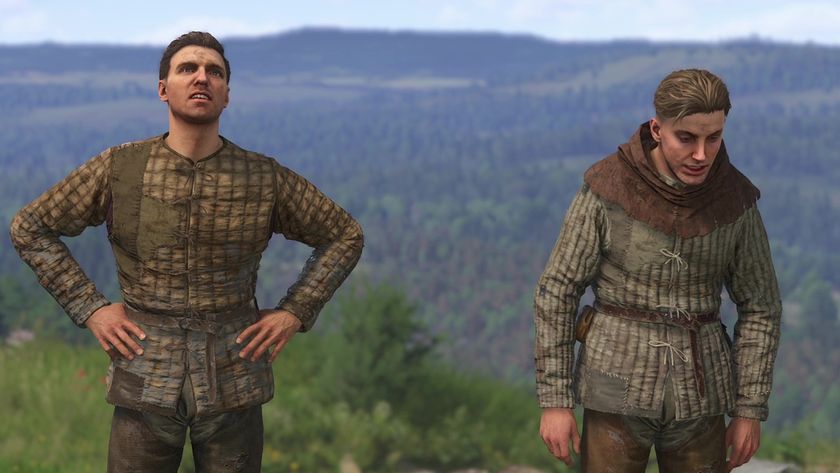
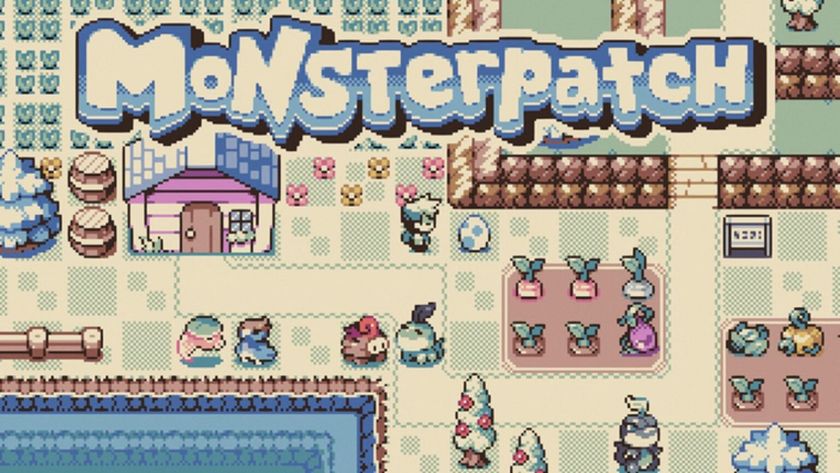
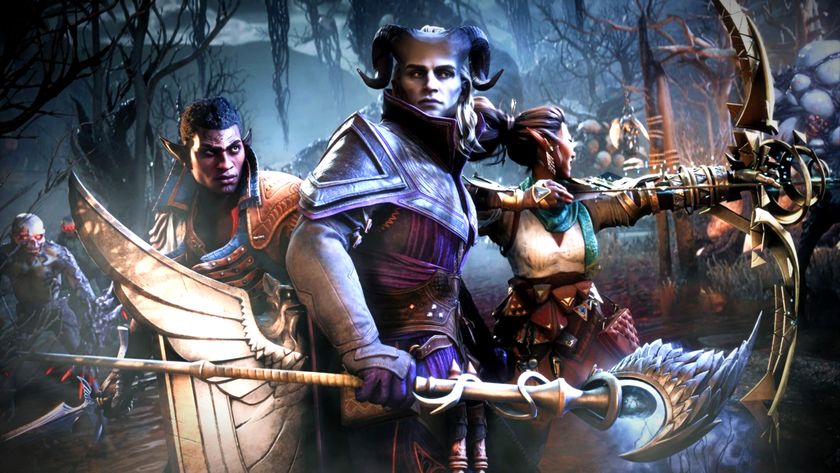
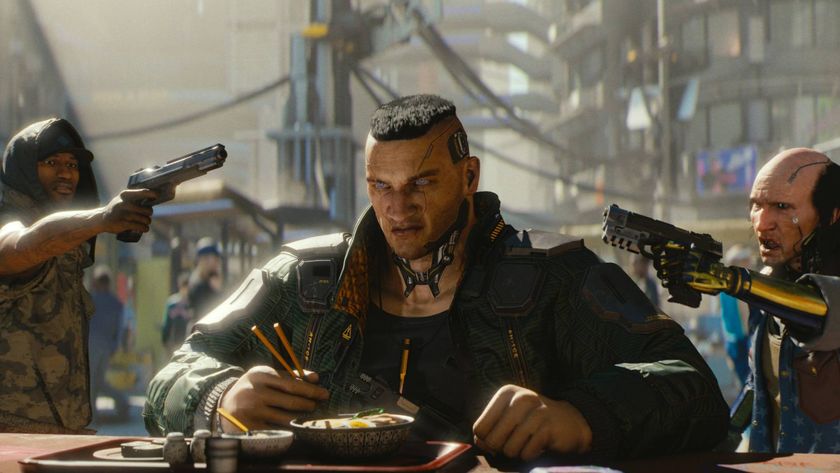
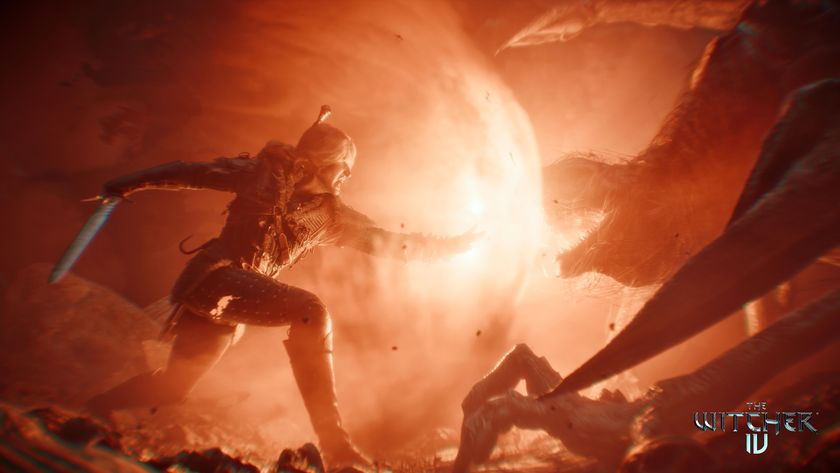
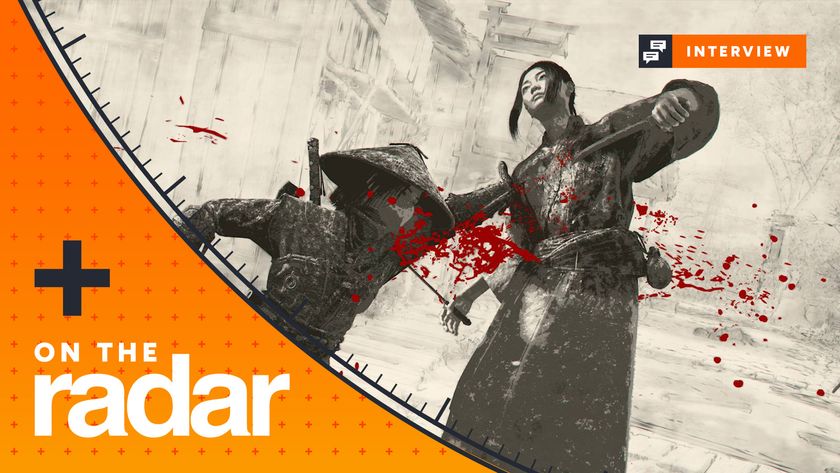
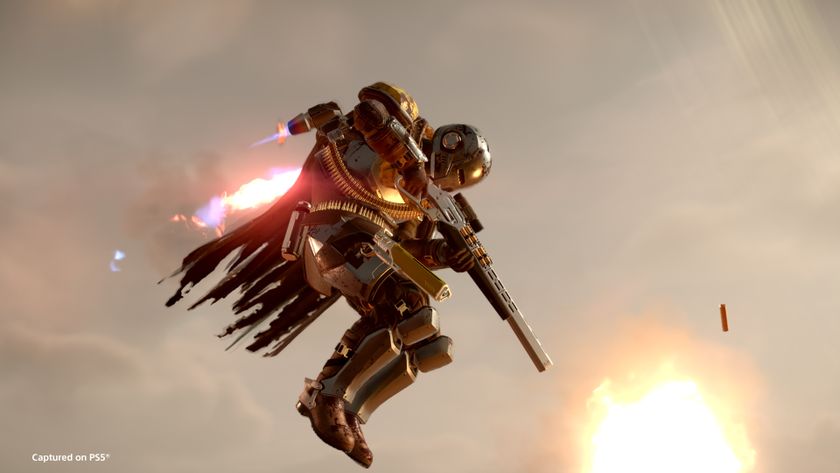
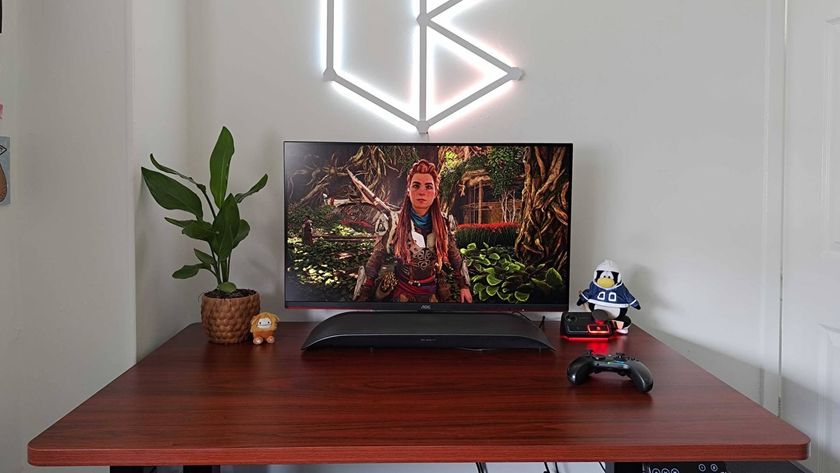
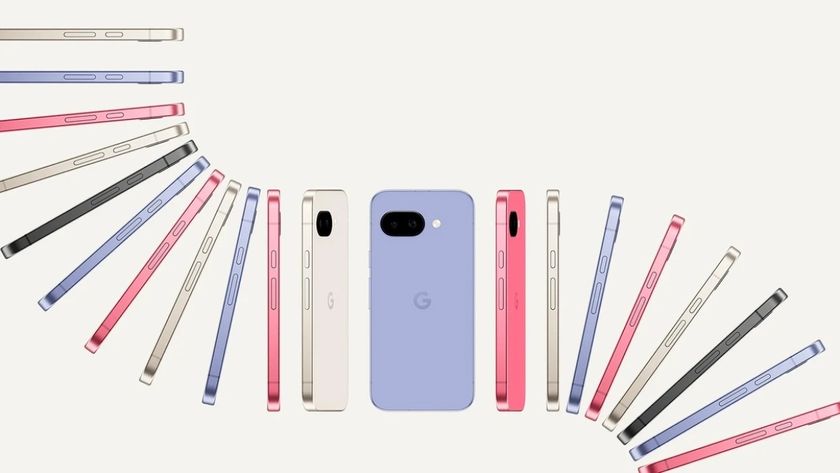
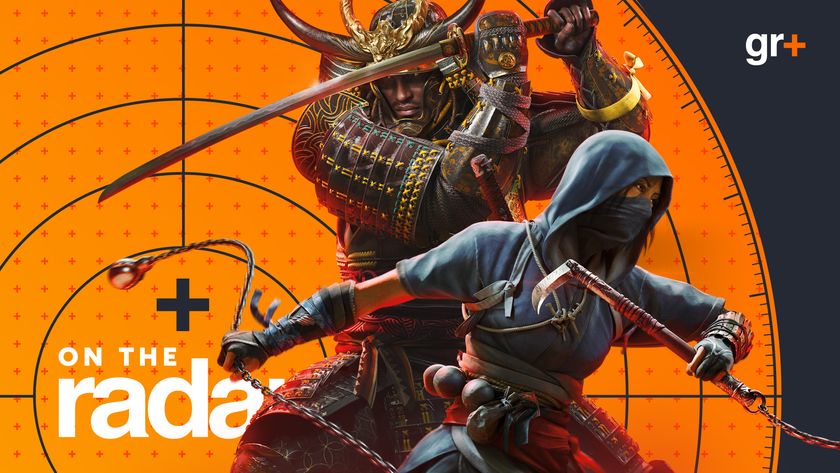
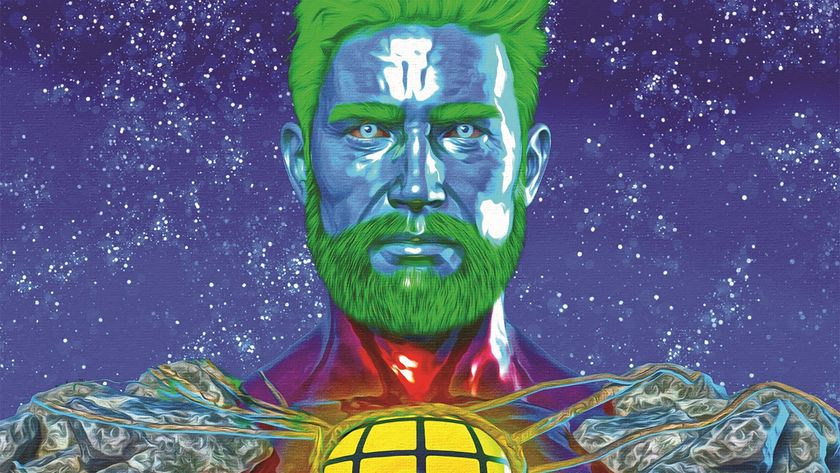

10 years later, in a post-Baldur's Gate 3 and Avowed world, Obsidian is giving its own throwback CRPG Pillars of Eternity a turn-based combat mode

This cozy RPG promises a Pokemon and Stardew Valley mashup with "limitless customization," 208 monsters, and more, so no wonder its Kickstarter was funded in just 16 minutes

